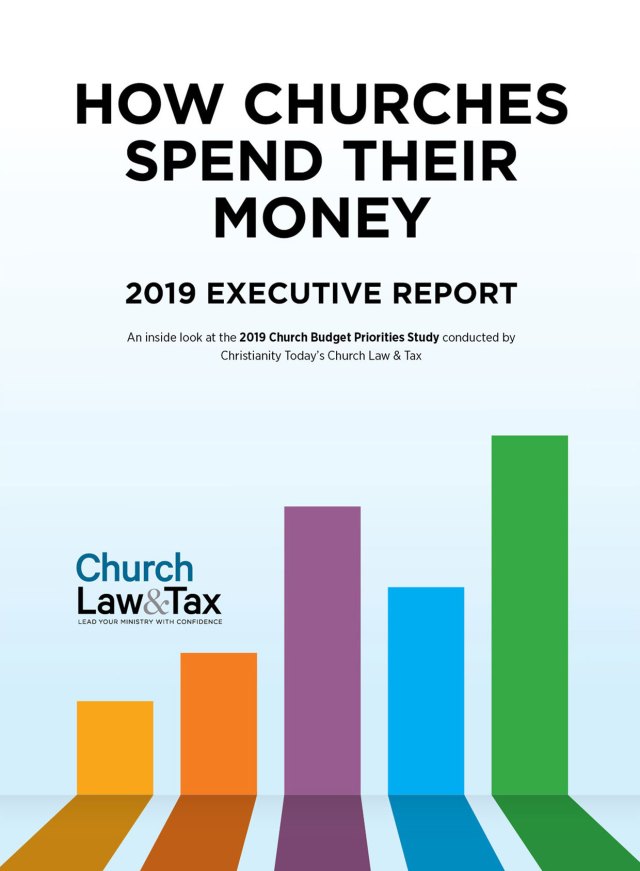God called you to plant a new church, and you’ve followed his calling. For the last year (or two years or five years), you’ve been renting adequate facilities to meet your congregation’s needs. You have space for Sunday services, children and youth ministries and office needs.
It’s becoming clear, however, that your facilities will soon be inadequate. Perhaps you’re seeing more and more young families coming to church and your two rented spaces will soon be overflowing. Perhaps you’re seeing an explosion of high school students coming to your Tuesday youth night. Perhaps you’re seeing fewer and fewer empty chairs on Sunday morning.
Or perhaps your facilities are large enough to accommodate any growth in your five-year plan, but you’ve been given an opportunity to purchase the property you now occupy. You’re happy with your space and you risk having to move if you don’t purchase.
So, how do you decide whether to continue renting your current facilities or purchase new property?
Many growing churches rent their facilities and expect to do so in the future. And of course, many churches have made the decision to purchase. Our 21st century mentality suggests that ownership is the way to go. However, neither way is necessarily the better way. Whether to rent or buy is based on each church’s specific situation, and, more importantly, on prayerful petition.
What Should Our Church Consider?
Several questions must be answered when making this decision:
- What is your motivation behind considering ownership?
- If inadequate space is an issue, are there other options to maximize your current facility (e.g., multiple services or off-site storage)?
- Are additional facilities available where you currently rent?
- Does your budget include periodic rent increases?
- Does your current facility provide property maintenance services?
- Can you budget for staff to handle maintenance services for owned property?
- Would you have to finance the majority of your purchase?
- Would you be able to raise the required down payment through a capital campaign at your church in order to finance most of your purchase?
- Would financing increase your monthly expenses and in some way jeopardize existing ministries?
- Would the process of financing a new facility take the focus off of your church’s ministries?
- The first question is probably the most important, followed closely by the last. If you’re considering purchasing just to own or just to have a bigger facility, it’s probably not the right decision. But if your motivation to purchase is to have space to expand your ministries, and if purchasing will not cause financial hardship for your church, purchasing may indeed be the right decision.
- If you can prayerfully say that you’ve investigated the options, that your church is financially prepared for the responsibilities of ownership, and that your focus will remain on ministries, then you should begin to gather other resources and tools to help you fully prepare for this next step in the life of your church.
- Making the Decision
- During the decision-making process, you need to understand some of the issues relating to renting versus buying. When considering renting facilities long-term, you will deal with issues such as lease terms, obtaining permits to hold church in the rented space, and agreements regarding tenant improvements. The permit process can be time-consuming and costly, and tenant improvements often call for an investment of cash to build out rented space (an investment that might not be recovered if you move from that space).
- When considering buying, you may deal with capital campaigns, finding the right property, appraisals, gathering financial information to support any funding you may need, and any requisite fees. You will also face maintenance and upgrade responsibilities that may not have been yours when you rented.
- Although each choice has inherent issues, each also offers tremendous benefits. Renters often enjoy freedom from maintenance responsibilities, have access to other rental facilities, and have additional money available for ministry. Owners often feel an appropriate pride in ownership and enjoy the freedom to use their facilities in creative ways that honor God.
- There are arguments for and against purchasing property, and it’s certainly a significant decision. Many people need to be involved in making that decision: your congregation, your staff, and your board members. The final outcome must be one that will not put your church in financial bondage and one that will allow your church to continue growing its ministries, ultimately growing the kingdom.
- Prayerfully consider what God would have your church do. If his will for your church includes buying new property or taking the opportunity to purchase your existing leased property, then he will open the doors for you to make that purchase. If, however, his will is for you to continue paying rent, be content ministering in a rented facility. After all, isn’t everything we have on loan from our Lord anyway?
- For more information on church facilities, see Managing Church Facility Use.
- Mike Boblit is the vice president of ministry relationship banking at Evangelical Christian Credit Union and has worked there to serve churches and ministries for 16 years.
This post first appeared on the ECCU’s blog. Used with permission.





